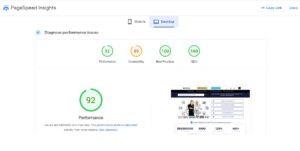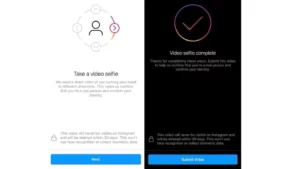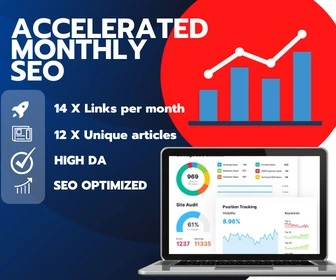As marketer are so dedicated with their AdWords or even other PPC campaigns, there is a little problem that you might not think is a big deal. But you will be wrong there. The issue that you might be trying to too much, too fast. In the process you could be damaging your AdWords and other PPC performances. Yes we are dealing with the opposite of the normal under-performing AdWord accounts and other PPC campaigns. It takes time, knowledge and paying enough attention to get the most out of your Google AdWords account.
The focus of this post is on some of the common over optimization mistakes that PPC managers tend to make. But firstly, when we say over optimization we can mean different things. These problems vary from small issues to others that require larger strategy changes.
Make changes based on a small sample size
A mistake some marketers make is to make quick optimization picks before considering if they have enough data. The problem is that small amounts of data does not present long term trends and can’t be used as an argument for making changes. You should instead allow the data to reach a point of statistical signification before changes can be entertained.
Pausing or removing under performing keywords
Many marketer think that if a keyword is not performing why should they waste money on them, but there might be a bigger picture they aren’t seeing. Firstly you should consider the search term report. But also look if the match type is pulling irrelevant queries; and if the campaign out of budget restricting reaching. Lastly if the ad copy and land page match with the keywords. Therefore, there might be other underlining issues that is to blame, rather than just the keywords.
To increase bids to raise ad position
Marketers might think to boost a keyword that has a low average is to increase your bidding. But instead there might be other reasons why keywords are being pushed down the rankings. You should thus look at the quality score, if that is not too low. Also, your campaign might have a limiting budget. So rather do some research, since there may be many other things you can to help improve your ad rank without spending more.
Over utilizing bid modifiers
Bid modifiers for location targeting, ad scheduling, as well as device targeting are a stellar optimization tool. Incorrectly, however, using bid modifiers you will just destroy your campaign. What you rather should be doing is to look at performance holistically before taking action. If you too aggressively decrease and increase bid modifiers, as well as making choices off already optimised data can impact your campaign. The same is true about having a too narrow view to dictate optimization just to improve conversion rate or cost per conversion. The problem is that if you make too many changes to the variables too soon, you will make it hard to grasp the results of the data and you will not know if your optimisation is working.
Bidding down to a particular return on ad spend
It is a good idea to have a goal and a good return on ad spend. What you should remember you entire marketing mix will be affected by optimizing your campaign budget and CPC bids down just to reach your goal. Plus, although you might think the logical approach if you aren’t reaching your return on ad spend is to cut your campaign spending, this approach might not be true. Instead, cutting those impressions and clicks can negatively impact your revenue, traffic or lead volume. Paid search often contributes and/or drives a lot more than last click conversions, so cutting back may hurt other channels.
Cutting AdWords budget when performance is down
Cutting your budget when performance is down, is not necessary the answer. The reason is since PPC is highly dependent on other factors. Thus there might be several reason why performance aren’t good. These can be increased competition, change in organic rankings or even seasonal trends. Plus, your keywords, account optimization and ads are only as strong as the landing page and offering they are promoting. As such a poor landing experience or a need for specific conversion rate optimization may be a good place to look before you give up on an ad group or campaign in total.
You can also damage your campaign with a poor optimization strategy
The big problem is that unexperienced marketers are making quick decisions or over-correcting, or just driving blind or under-correcting. Instead your decisions should be based on data. Hence, ask yourself if you have the right metrics. Also look if you data is accurate. You should assess if the attribution model that you are using is the right fit for your needs. You should be testing your conversion tracking regularly. You should also ensure that you are in fact tracking your conversions and goals. Once you have check those, then you know that your data is up to par.
In your PPC optimization you should be patient and diligent
While this post argues that you should not over work your optimization you shouldn’t now go and do the opposite. Your AdWords account needs attention on a regular bases. But as you actively work to optimize your paid search results, be patient enough to ask the right questions and understand what’s really happening. Or not happening.
At my agency, Adriaanbrits.com, we specialize in PPC optimization for AdWords. If, you need advice or some structure it is always better to ask the professionals. Not only will the performance be higher, but it might end that you could safe funds on your marketing budget.








